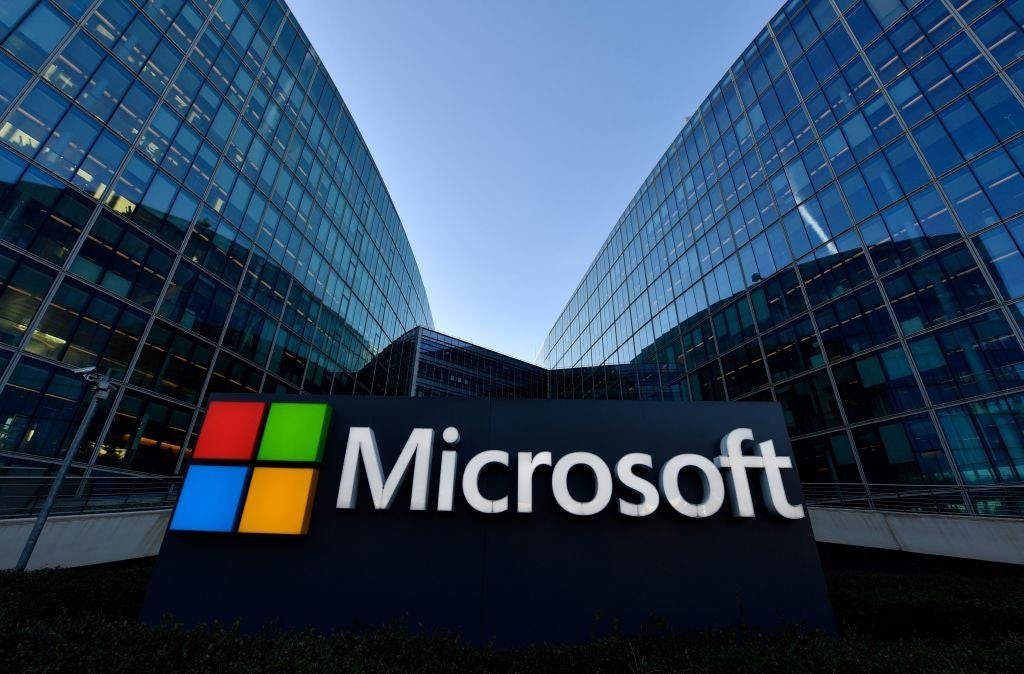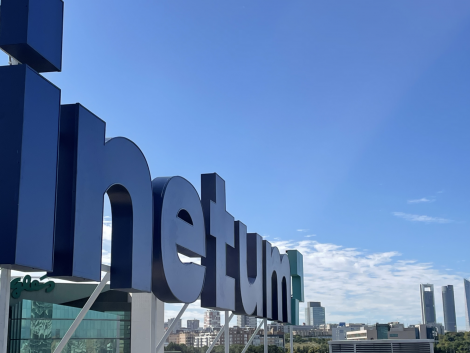Microsoft recently announced it was teaming up with Netflix as its ad partner, and it wasn’t long before pundits began predicting Redmond would eventually buy the streaming giant.
Netflix introducing an ad-supported version with Microsoft’s adtech capabilities came in response to a subscriber slump and recent rocky financials. So rocky, it seems, that many may not be surprised if Microsoft goes the whole hog and snaps up a waning Netflix for a share of the streaming market.
Microsoft has no skin in the streaming game, and that’s what may have won it the Netflix contract according to a report yesterday from the Wall Street Journal. Executives from Redmond reportedly stressed the word “agnostic” in their pitches to Netflix HQ.
It’s an understandable notion if Microsoft does eventually go head-to-head with less agnostic rivals such as Google and Apple in the streaming game. Only this year did Microsoft acquire gaming giant Activision Blizzard for a cool $68.7bn. And don’t forget last year’s Nuance AI mega-deal for $19.7bn.
The problem is though, Netflix’s recent shakiness is symptom of what is currently an uncertain financial market, one which not even Microsoft is immune from.
Microsoft’s reported revenue of $51.9bn for Q4 2022 may have been up 12 percent compared to the corresponding period of last year, but it still fell short of Wall Street expectations.
The company said in its earnings statement that several “evolving macroeconomic conditions and other unforeseen items” have affected its results, including the ongoing war in Ukraine and an unfavorable foreign exchange rate movement within the quarter.
A similar picture was painted by SAP’s quarterly earnings. Whilst the ERP giant saw a 39 percent increase in its cloud gross profit to €2.13bn, its IFRS operating profit was down 32 percent to €673m, primarily, it says, due to the impact of the Ukraine war. This detail places further context around the company’s recent decision to slash costs and freeze hires.
The whole of enterprise tech has been affected. Google parent company, Alphabet, reported lowered profits for consecutive quarters, despite overall revenue increasing for the business. The company’s Q2 2022 report reveals over a $2.5bn loss in profits compared to the same period last year, dropping from $18.5bn down to around $16bn.
IBM reported better-than-expected Q2 2022 results, revealing a 9 percent year-on-year (YoY) increase in revenue to $15.5bn, but shares fell after the company cut its 2022 cash forecast.
ServiceNow showed subscription revenues of $1.65bn, representing 25 percent YoY growth. However, the company’s total revenues for Q2 were up 24 percent to $1.75bn, just falling short of the $1.76bn estimated.
Not everyone lost out, though. Amazon reported revenue of $19.7bn for AWS, representing YoY growth of 33 percent and beating estimates.
IFS meanwhile boasted a 33 percent YoY increase in annual recurring revenue. The figure is equivalent to SEK 4.5bn and marked 71 percent of total revenues from January to June 2022.
Finally Capgemini reported H1 2022 revenues of €10.7bn, up 22.7 percent YoY.
But still, the current spooked state of the market means the recent spate of Microsoft mega-deals looks to be over, even if Netflix continues to flop.
Redmond’s best bet right now is to consolidate on its current tentacles. Take Nuance, for example, which made its Microsoft software debut as part of a Digital Contact Center Platform unveiled at Inspire 2022.
The addition of Nuance, it claims, brings a new level of conversational AI, security, and automation to the contact center.
“This gives both customers and agents tools to resolve issues faster and with more personalized service, thus reducing resolution times while improving customer satisfaction,” writes Charles Lamanna, corporate vice president, business applications and platform at Microsoft. “It also enables contact centers to offer targeted incentives to build brand loyalty and upsell opportunities to boost revenue.”
The company may also want to concentrate on damage control around its Activision Blizzard purchase both with regulators and recent harassment suits made against the gaming studio.
In other words, the recent spate of Microsoft mega-deals looks to be over, at least until things hopefully shore up again in 2023 or beyond.
Until then, it’s time to Netflix and chill.




